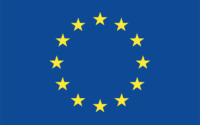
Identifying online communities of inquiry in higher education using social network analysis
This article presents findings from a case study on a fully online bachelor’s level course at an Australian University. The study was undertaken to demonstrate the effectiveness of the integrated methodological framework (IMF) in structurally exploring and identifying online communities of inquiry (CoI). The IMF employs social network analysis (SNA) as the key methodology for […]













